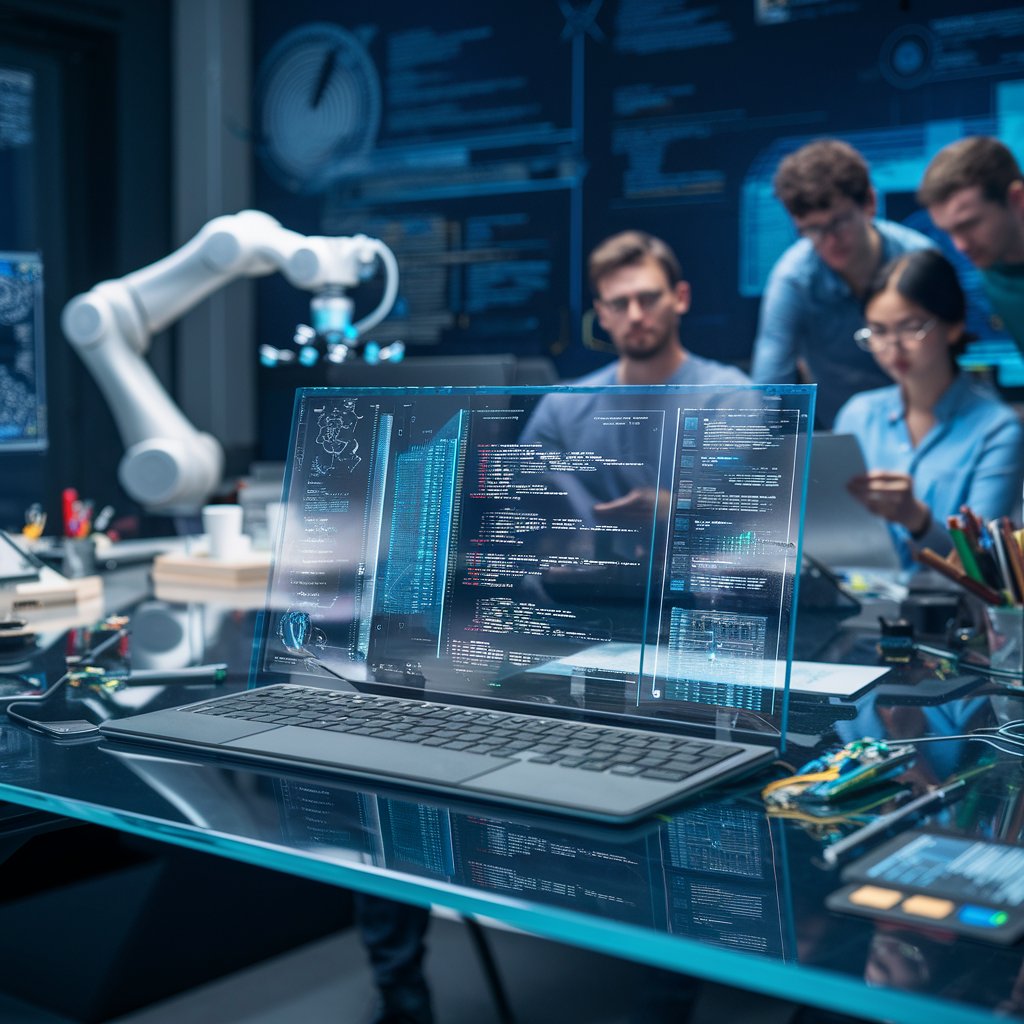
The future of software development: AI and machine learning
In recent years, the combination of artificial intelligence (AI) and machine learning in software development has been a game changer, transforming the way companies build new products and services. This has led to more efficient operational processes, increased innovation, and innovative phenomena that shape the future of the industry.
The main benefit of integrating AI and machine learning into software development is the ability to automate repetitive tasks, allowing developers to focus on the more challenging and creative parts of their business. This not only accelerates the development process but also improves the overall final product merchandise.
AI and machine learning algorithms are also capable of analyzing large amounts of data and extracting valuable insights that can inform decision-making and drive innovation. By leveraging this technology, developers can gain a deeper understanding of user behavior, preferences, and trends, enabling them to develop personalized software solutions. It was a lot of fun.
Additionally, AI-powered tools can help optimize resource allocation, simplify project management, and identify potential risks or issues before they escalate. This approach to prompt software development can significantly reduce time to market and ensure delivery on time and on budget.
Furthermore, the application of AI and machine learning in software development opens the possibility of creating intelligent applications, that can learn from user interactions and adapt to their preferences over time. Those individuals who practice this not only enhance the user experience but also open up new opportunities for businesses to interact with their customers in more meaningful ways.
Looking to the future of software development can drive growth in AI and machine learning, as more and more companies recognize the potential of these technologies to transform their operations and drive new solutions to market. From predictive analytics to natural language processing, the possibilities are endless.
As demand for intelligent data-driven software increases, developers will need to lead the way by upskilling and adapting to the latest AI and machine learning tools and techniques that take that into account and harness their full potential as companies prioritize the competitive software development landscape to sustain and drive growth and success in the digital age.
In conclusion, the integration of AI and machine learning in software development represents a major industry shift, empowering developers to create smarter, more efficient, and innovative solutions for a wider range of applications. The future of Kurnte Software Development is bright, and AI and machine learning will definitely play a key role in the next generation of digital innovation.
